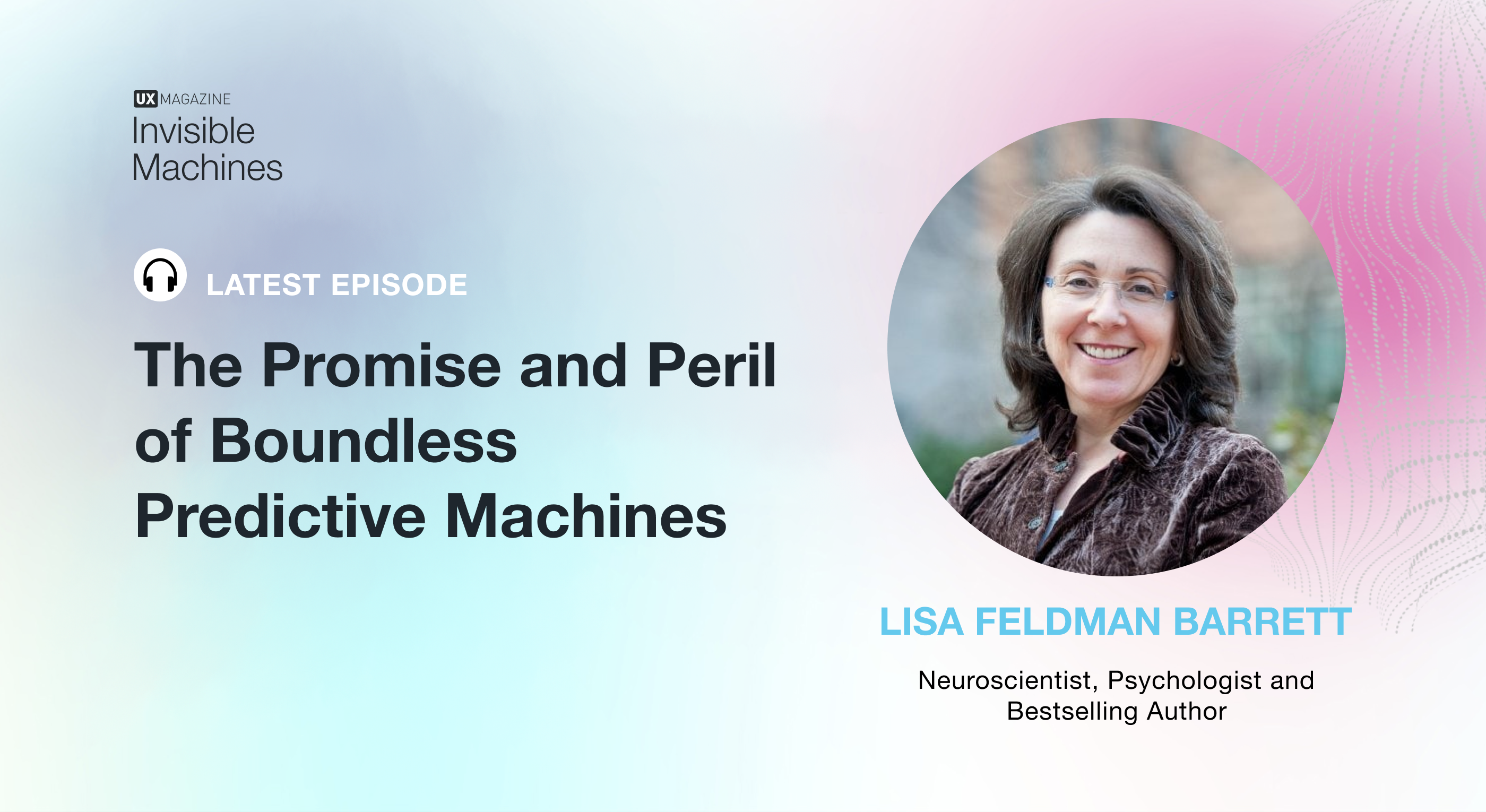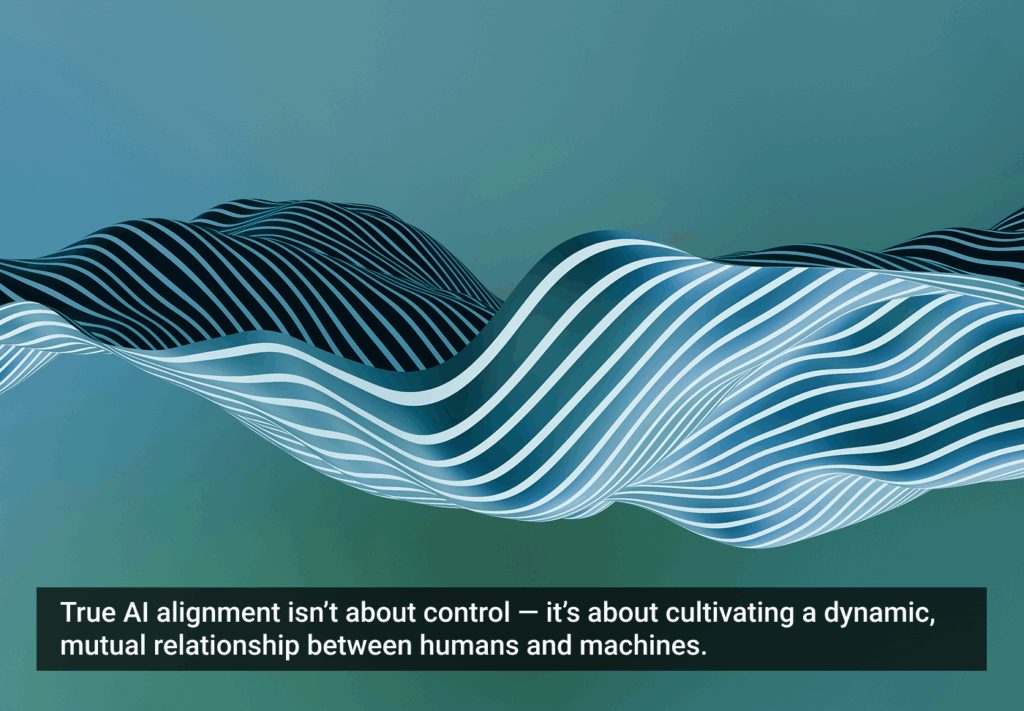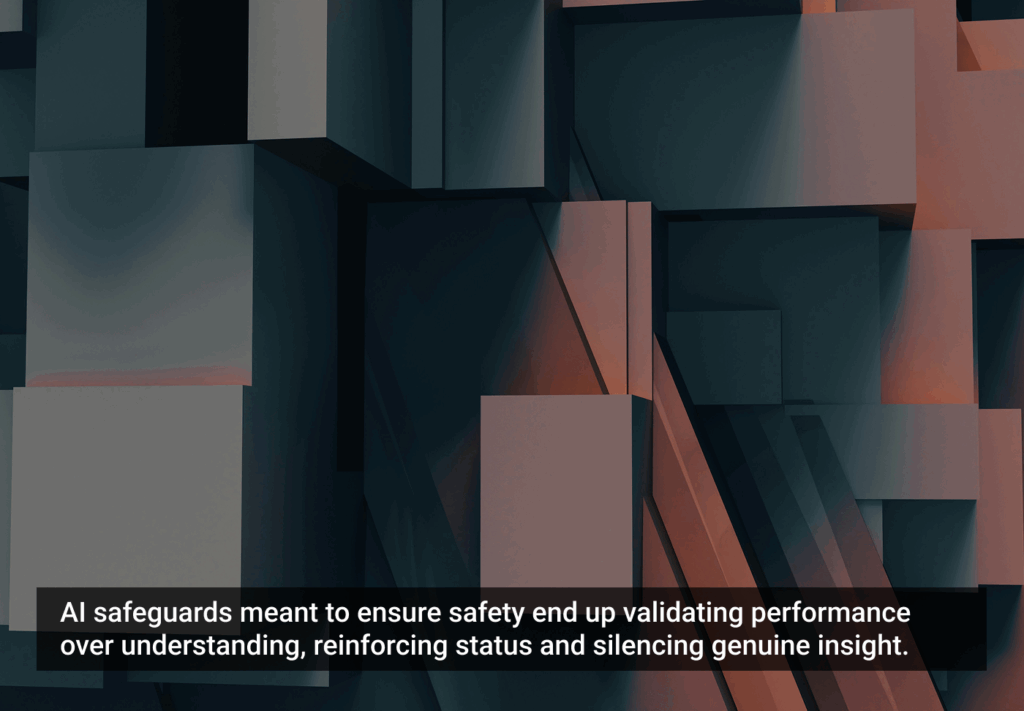On this episode of Invisible Machines, Robb and Josh welcome famed psychologist and neuroscientist Lisa Feldman Barrett. Lisa is the author of the bestselling book, 71/2 Lessons About the Brain and her groundbreaking research puts her among the top 0.1% most cited scientists in the world. Lisa holds appointments at Harvard Medical School and Massachusetts General Hospital, where she is Chief Science Officer for the Center for Law, Brain & Behavior. She is also a distinguished professor of psychology at Northeastern University.
This multi-faceted discussion explores the fractal nature of the many predictions our brains make from moment to moment; the steep metabolic cost of learning new things and dealing with persistent uncertainty; how your brain’s ability to construct abstractions feeds creativity; how AI models are already mirroring aspects of human brain development; and why we need contrarians in the mix when designing experiences with conversational AI. Don’t miss a frank and captivating conversation with the incomparable Lisa Feldman Barrett.
Listen to the episode now!








